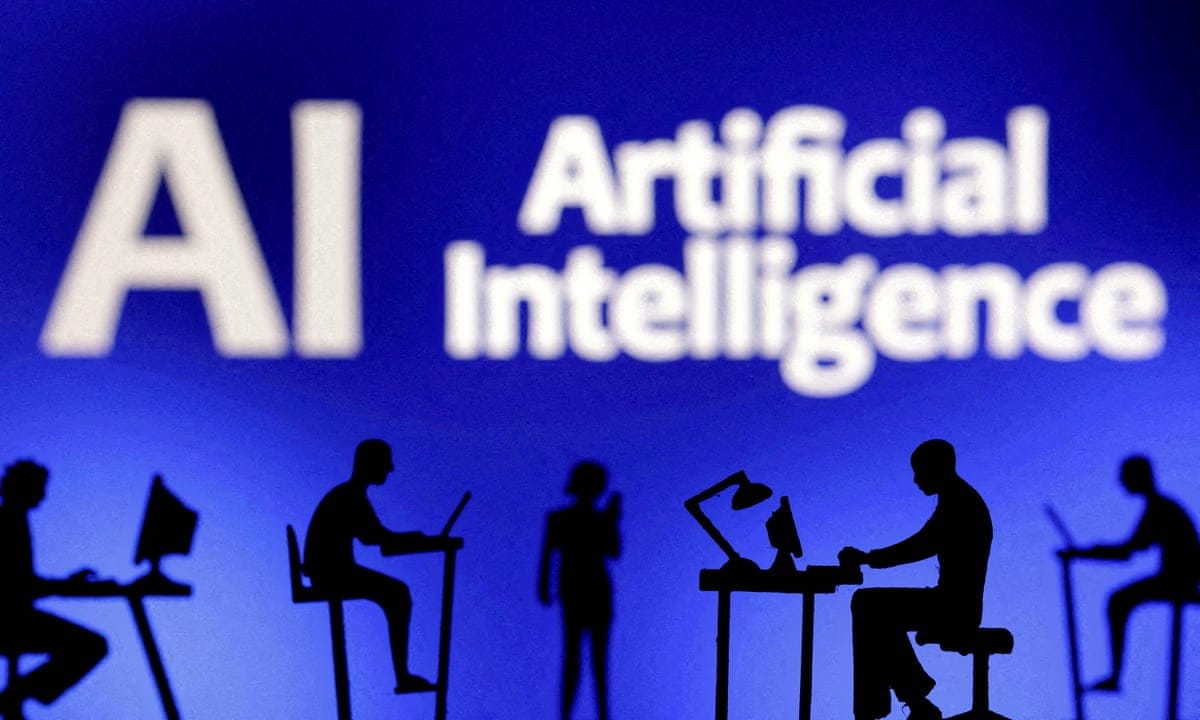It seems that people are not quite ready for digital workers just yet.
This is the lesson learned by Sarah Franklin, CEO of Lattice, an HR and performance management platform used by over 5,000 organizations globally.
So what exactly does a digital worker entail? According to Franklin, it's AI-powered characters such as Devin the engineer, Harvey the lawyer, Einstein the service agent, and Piper the sales agent who have joined the workforce alongside human colleagues but are not actual employees. These avatars were introduced by companies like Salesforce, Cognition.ai, and Qualified to replace some human tasks with AI-driven solutions.
While these digital workers can perform certain tasks, such as helping sales professionals predict revenues or assisting engineering projects through complex decision-making processes, they do not require benefits typically provided for human employees like health insurance or retirement plans.
Seeing an opportunity in this field, Franklin made the decision to embrace it and announced on July 9 that Lattice would support these digital workers as part of its services while treating them similarly to other employees.
“Today, we are making history with AI,” declared Franklin. “We will be pioneers in giving official employee status to digital workers at Lattice. Digital workers will undergo the same onboarding and training processes, have performance metrics assigned to them, receive appropriate access rights, and even a manager."
However, there was swift backlash from individuals such as Sawyer Middeleer of an AI-based sales research firm and Scott Burgess, a self-employed marketing executive. They expressed concerns about the treatment of human employees and compared the idea to viewing humans merely as "resources." The controversy was significant enough for Franklin to suspend Lattice's plans three days after announcing them.
Despite these concerns, some may argue that digital workers are an inevitable aspect of our future workforce landscape due to AI advancements and automation technologies. However, the ongoing debate and backlash serve as reminders that this topic requires further exploration and careful consideration from all stakeholders involved.
Read next

"AirPods Pro 3 reviewed: Upgraded battery, superior noise cancellation, top-tier performance"
Apple’s widely used AirPods Pro wireless earbuds have returned for their third iteration, offering improvements in comfort, battery performance, integrated heart rate tracking, and enhanced noise cancellation. The new model appears poised to be as prevalent as earlier versions.
Three years have passed since the previous release, yet the

"Peter Thiel's secret talks on antichrist shed more light on him than doomsday"
Peter Thiel’s Unusual Academic Pursuits
Peter Thiel is known for his skepticism toward academia. Yet, in four recent private lectures in San Francisco discussing the antichrist, the billionaire investor has made an unexpected case for intellectual credentials.
During these wide-ranging talks, Thiel appeared to channel the eclectic thinking he

"X resolves $128M severance dispute with former Twitter executives"
# Elon Musk and X Reach Settlement with Former Twitter Executives Over Severance Dispute
Elon Musk and X have resolved a legal dispute with four former high-ranking executives of Twitter, including the company’s ex-CEO, who alleged that the billionaire withheld $128 million in severance payments after acquiring the social media

